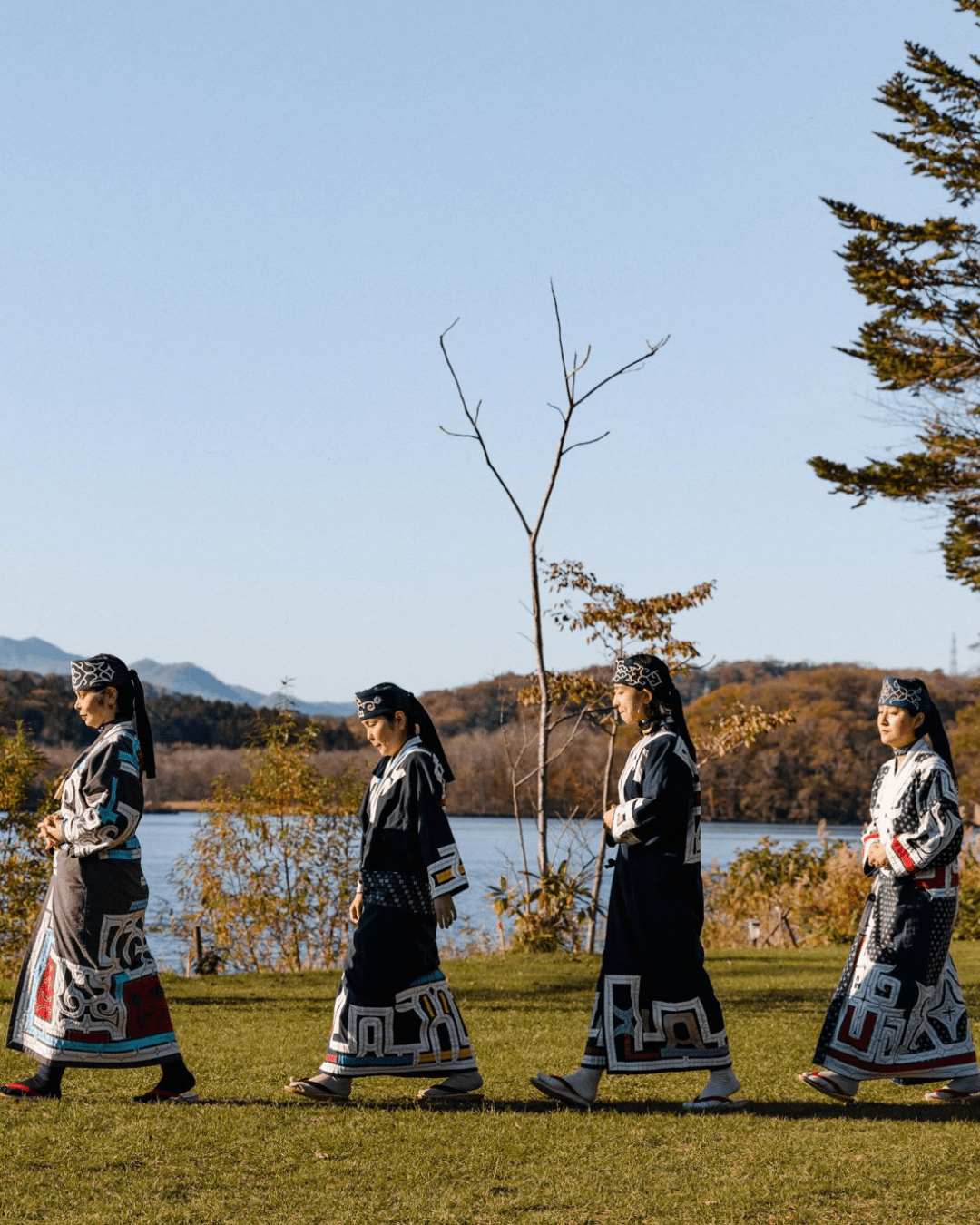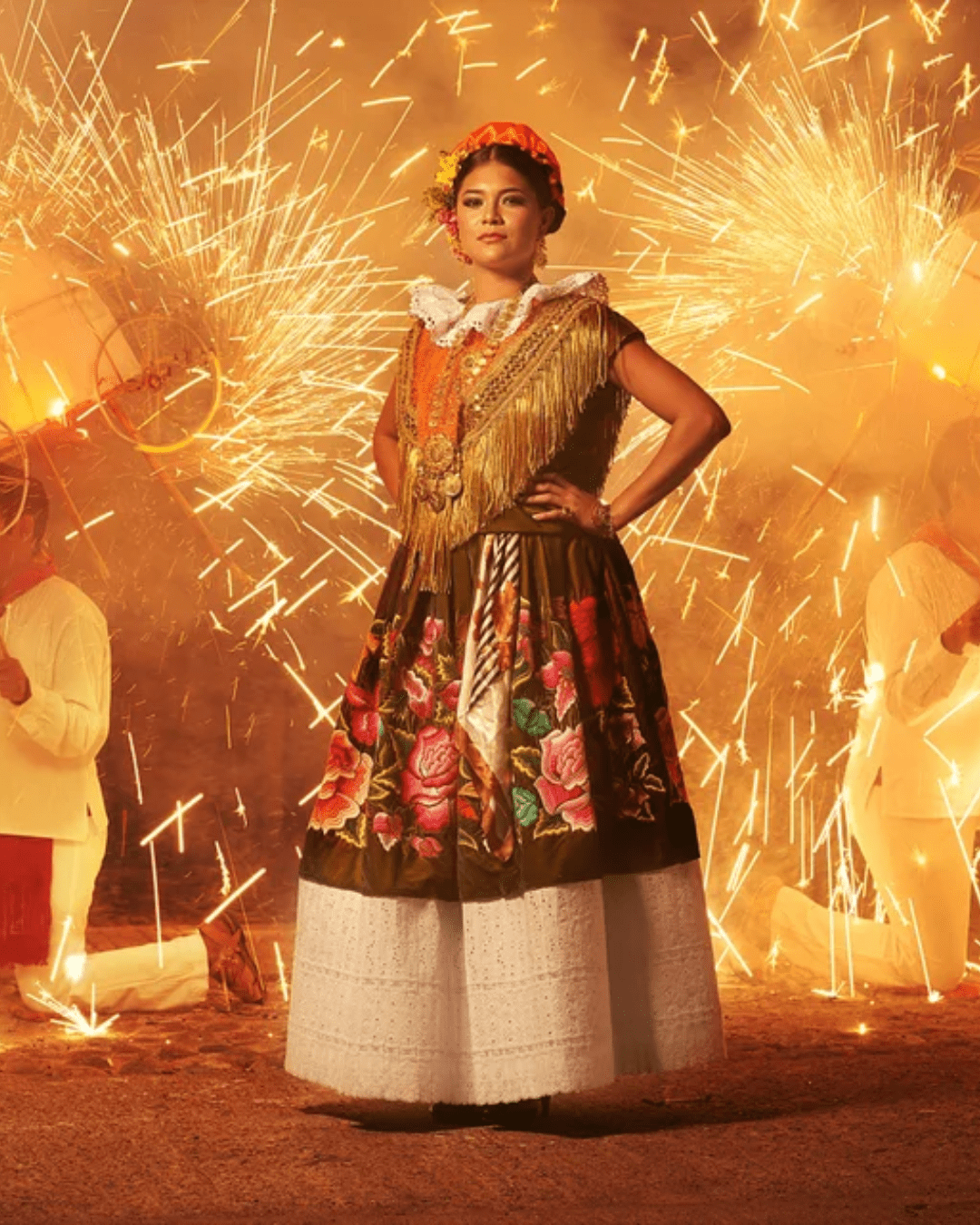North Africa's Forgotten Peoples: The Struggle for Recognition

Have you ever heard of the Amazigh people? Probably not, and that's part of the problem. They are the Indigenous Peoples of North Africa, with a history and culture stretching back thousands of years. Today, they live primarily in Algeria, Libya, Morocco, and Tunisia, but their rights and their very existence are often overlooked. Let's take a look at what's happening to them.
Who are the Amazigh?
The Amazigh, also known as Berbers, are a distinct people with their own language (Tamazight), culture, and traditions. They have unique ways of life, including their clothing, food, music, and beliefs. In many ways, they are different from the Arab populations in their countries.
-
Algeria: It's estimated that around 12 million Amazigh people live in Algeria, which is about a third of the total population. They are concentrated in areas like Kabylia.
-
Libya: Around one million Amazigh people live in Libya, making up about 16% of the population. They can be found in different areas, with some in the north, east and south of the country.
-
Morocco: Amazigh associations claim that they make up 85% of the population, or around 29.6 million people.
-
Tunisia: About 1 million Tamazight speakers are estimated to live in Tunisia, which is around 10% of the population.
What are the Challenges They Face?
Despite being the original inhabitants of these lands, the Amazigh face significant discrimination and marginalization. Here's a breakdown:
-
Lack of Recognition: Governments in Algeria, Libya, and Tunisia do not officially recognize the Amazigh as Indigenous Peoples. This means they often lack access to the same rights as other citizens. Morocco officially recognizes Amazigh identity, but their culture and way of life is still under pressure to assimilate.
-
Language and Culture: The Amazigh language and culture is often marginalized. For example:
-
In Algeria, despite the Amazigh language being recognized as an official language, the Amazigh identity is often marginalized.
-
In Libya, there is discrimination against non-Arabic names
-
In Morocco, the Amazigh language is not on national ID cards, passports, or banknotes.
-
In Tunisia, the government does not acknowledge the Amazigh dimension of its culture and history.
-
Human Rights Violations:
-
In Algeria, human rights defenders, including those advocating for Amazigh rights, face arrests, imprisonment, and charges of undermining national unity. Associations are restricted and can't operate freely.
-
In Libya, Amazigh people are sometimes intimidated and arrested for carrying their flag.
-
Land Rights: The Amazigh have faced issues related to land ownership:
-
In Algeria, the state disposes of Amazigh land without consultation.
-
In Libya, laws from the socialist period eliminated tribal land rights.
-
In Morocco, collective lands are being privatized which threatens their way of life.
-
In Tunisia, the state does not recognize Amazigh rights to their collective ancestral lands.
What's the International Angle?
Many of the countries have voted in favor of the UN Declaration on the Rights of Indigenous Peoples (UNDRIP). However, these international standards are often not implemented and applied at a national level. Morocco has not ratified the International Labour Organization (ILO) Convention 169 and has not adopted UNDRIP.
Why Should We Care?
The struggle of the Amazigh people highlights the importance of recognizing the rights of Indigenous Peoples everywhere. It also reminds us that:
-
Diversity Matters: Every culture and language deserves to be respected and preserved.
-
Human Rights are Universal: Everyone, no matter their ethnicity or background, should have access to their fundamental rights.
-
We Can Make a Difference: By learning about these issues and raising awareness, we can contribute to positive change.
What can you do?
-
Stay Informed: Follow the work of organizations like IWGIA, which provides information about the situation of Indigenous Peoples.
-
Spread Awareness: Talk to your friends and family about the Amazigh and their challenges.
-
Support Organizations: Donate to or volunteer with organizations that work to protect the rights of Indigenous Peoples.
The story of the Amazigh is a reminder that we must stand up for the rights of all people, regardless of their background or where they live. The fight for recognition continues, and your engagement can help make a difference.


